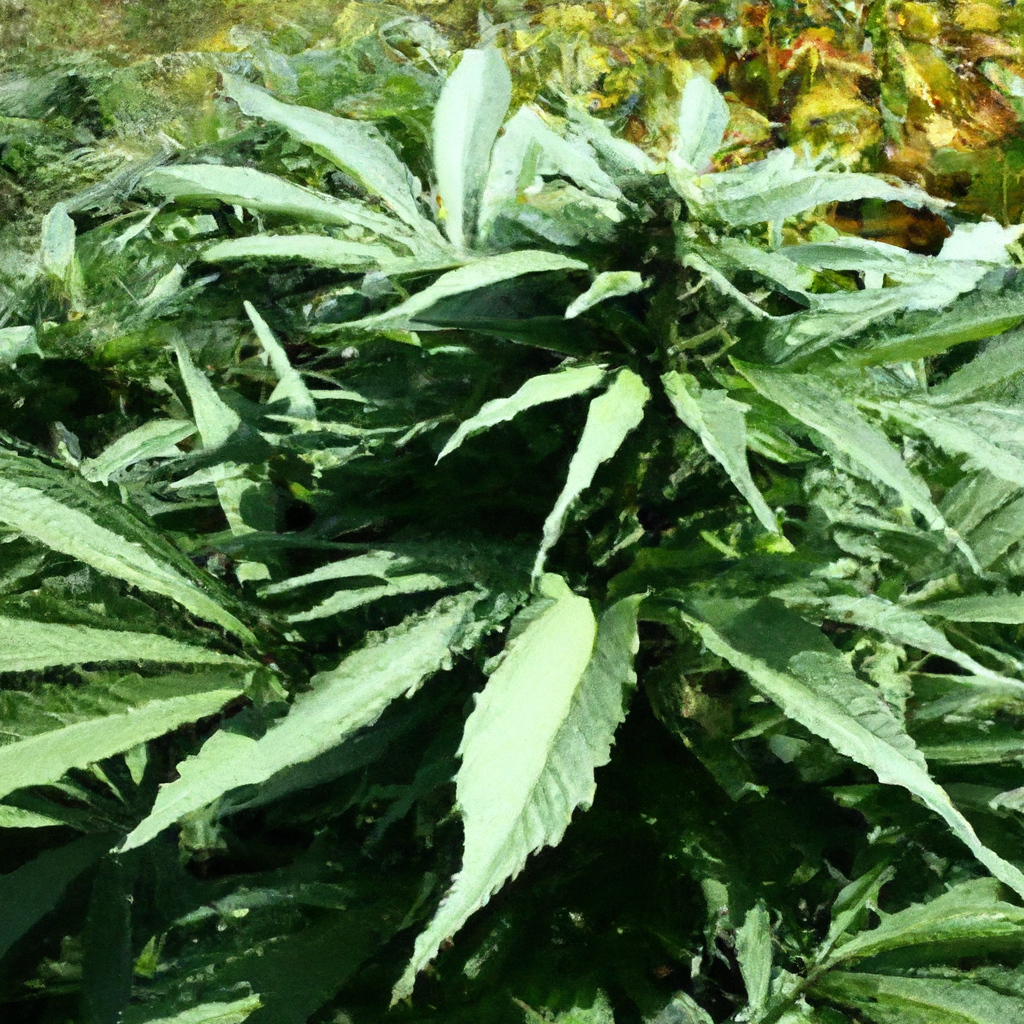Your cart is currently empty!
As the world shifts towards more sustainable practices, organic cannabis cultivation is gaining popularity among growers and consumers alike. The emphasis on using natural fertilizers, compost, and eco-friendly pest control methods not only boosts plant health but also benefits the environment and cannabis users. Explore the best practices for organic cannabis cultivation and discover how you can embrace sustainability in your growing operations.
Nurturing Living Soil for Better Yields
Building a healthy soil ecosystem is the cornerstone of organic cannabis cultivation. Unlike synthetic approaches, living soil harbors a thriving community of microorganisms that support plant growth. Here’s how to enrich your soil naturally:
- Composting: Use kitchen scraps, yard waste, and organic matter to create nutrient-rich compost. This boosts soil fertility and encourages beneficial microbes.
- Cover Cropping: Plant cover crops such as clover or alfalfa between cannabis cycles to enhance soil structure and introduce more nutrients.
- Mulching: Apply a layer of organic mulch to retain moisture and improve soil health.
Natural Fertilizers: Feeding Your Plants Right
Nutrient management is critical for a successful cannabis harvest. Organic fertilizers provide vital nutrients and improve soil health without relying on synthetic chemicals. Consider these natural options:
- Worm Castings: A rich source of essential nutrients that can significantly boost plant growth.
- Fish Emulsion: High in nitrogen, this is ideal for promoting leafy growth during the vegetative stage.
- Bat Guano: Comes in different NPK ratios and is excellent for both vegetative and flowering stages.
Eco-Friendly Pest Control Techniques
Maintaining plant health while avoiding harmful pesticides is crucial in organic cannabis cultivation. Here are some eco-friendly pest control methods:
- Companion Planting: Planting marigolds or basil near cannabis can naturally repel pests.
- Beneficial Insects: Introduce ladybugs or predatory mites to control aphid and mite populations effectively.
- Neem Oil: A natural pesticide that disrupts pest cycles without harming beneficial insects.
Going Green: The Benefits of Organic Cannabis
- Environmental Impact: Organic growing methods reduce chemical run-off and promote biodiversity.
- Consumer Health: Naturally grown cannabis is free from chemical residues, offering a purer product.
- Sustainability: Using organic practices helps preserve resources and promotes long-term viability.
Conclusion
Organic cannabis cultivation is not only an investment in the quality of your yield but also in the health of our planet. By utilizing natural fertilizers, building a robust soil ecosystem, and adopting eco-friendly pest controls, growers can enhance their crop sustainably. Embrace these practices to create a healthier, cleaner, and more environmentally responsible cannabis-growing operation.
Discover more from Magic Clones
Subscribe to get the latest posts sent to your email.


Leave a Reply